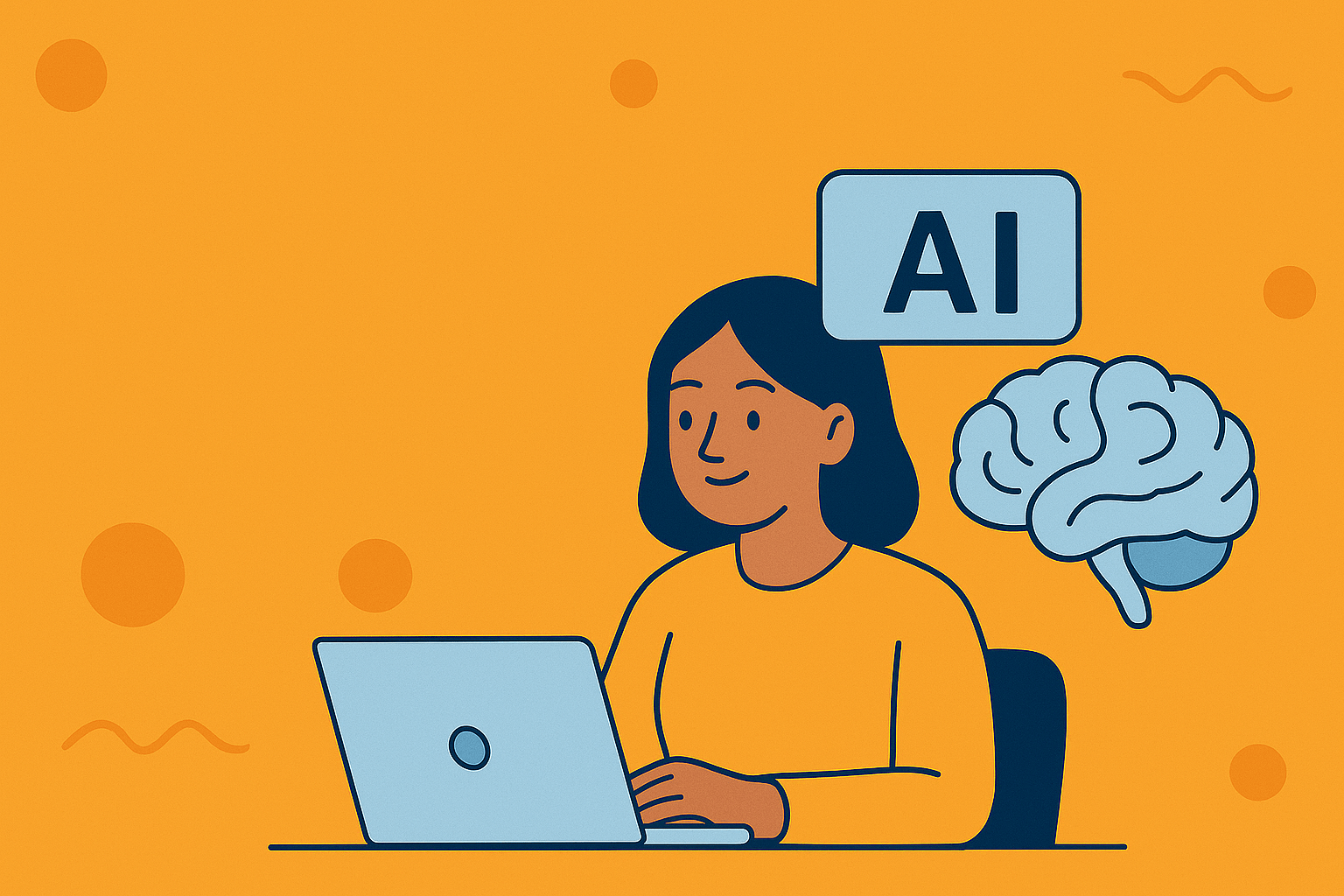I started collecting personality data about myself, then used AI to generate personalised advice for everything from career moves to daily workplace interactions. The results have been very helpful.

The personality data I collected
After a bit research, I found these two:
The Big Five test from bigfive-test.com. It’s free and gives you percentile scores. Mine showed high openness (78th percentile), moderate conscientiousness (55th), low extraversion (23rd), high agreeableness (71st), and low neuroticism (18th).
StrengthsFinder (paid for it, but worth it). My top five were Strategic, Analytical, Learner, Input, and Individualisation. I only paid for the top 5, didn’t get the full report.
These weren’t shocking revelations, but having specific numbers helped me understand my patterns clearly.
How I prompt AI for personalised advice
- I developed a standard template:
“I work in marketing with this personality profile: High Openness (78th percentile), Moderate Conscientiousness (55th percentile), Low Extraversion (23rd percentile), High Agreeableness (71st percentile), Low Neuroticism (18th percentile). My top StrengthsFinder themes are Strategic, Analytical, Learner, Input, and Individualisation.”
2. I’ve exported the PDF analysis and attached to the prompt. Could also do a project if you plan to keep using it.
3. Then I add specific context for whatever situation I’m facing.
Real situations where this approach worked
Giving feedback to team members
I used to give feedback the way I liked receiving it – direct and analytical. This bombed with sensitive team members.
Now I ask AI how to adapt my feedback style based on the recipient’s likely personality traits. For agreeable people, I start with positives. For conscientious people, I provide detailed examples and clear next steps.
My feedback conversations became much more effective and less stressful.
Handling difficult stakeholders
A stakeholder kept changing requirements mid-project. My natural response was direct pushback, which made things worse.
AI suggested using my analytical strength to document change impacts, my strategic thinking to propose alternatives, and framing concerns around project success rather than personal frustration.
This transformed an adversarial relationship into collaborative problem-solving.
Choosing between job offers
I had offers from a large tech company and a startup. Instead of focusing on salary and prestige, I asked AI to analyse both against my personality profile.
The large company would suit my need for some structure, but my high openness would get bored quickly. The startup would feed my learner trait but might frustrate my preference for logical decisions.
I chose the startup but negotiated clearer role definition upfront. Six months later, it’s been perfect.
Daily workplace wins
Presentations: Instead of fighting my low extraversion, I focus on data storytelling with detailed visuals. I prepare thoroughly and structure around analytical frameworks. I’ll never be charismatic, but people look forward to my presentations for useful insights.
Project management: I used to manage everyone the way I liked working – lots of flexibility. Disaster for team members needing structure. Now I adapt to each person’s working style.
Energy management: I batch energy-draining activities (stakeholder meetings) on specific days and protect time for energising work (analysis) when I’m freshest.
Technical tips that make AI advice better
Export and link the documents
Include situational context: Generic prompts produce generic advice. Always add company details, team dynamics, or specific challenges.
Ask for trade-offs: “What are the advantages and disadvantages given my personality?” produces more balanced advice.
Follow up for specifics: If AI gives good general advice, ask: “Can you give me three specific examples of how to implement this?”
If possible, limit the identifiable data you feed to the AI.
What I learned
Stop trying to fix weaknesses: I focus on maximising strengths and minimising situations where limitations matter. I’m never going to be great at impromptu networking, so I’ve structured my role around analytical and strategic work.
Energy management is crucial: Understanding what drains versus energises you helps structure days and weeks more effectively.
Read other people’s working styles: Focusing on my patterns made me better at spotting what others need – more structure, different communication styles, or various types of work.
What didn’t work
Over-explaining everything through personality: Sometimes people are just difficult, and personality frameworks don’t explain everything.
Being too rigid: I went through a phase of only taking projects that perfectly matched my profile. This limited growth and made me less adaptable.
Ignoring practical constraints: Personality insights matter less when you’re dealing with budget limitations, company policies, or other fixed factors.